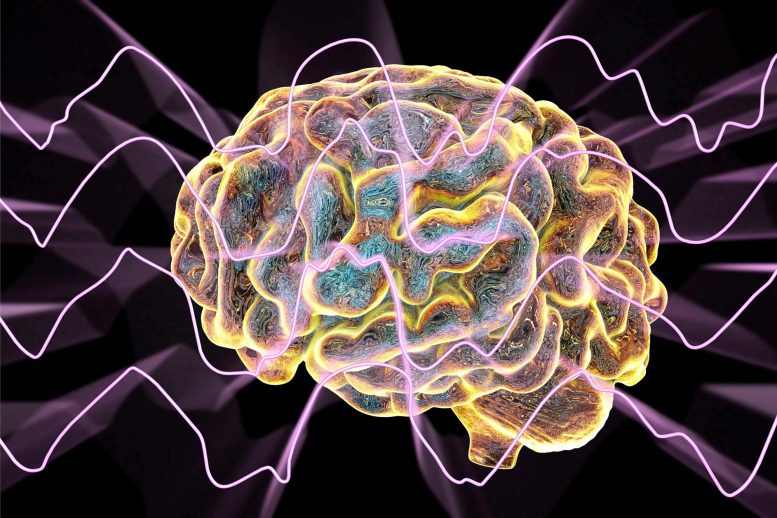Understanding the impact of age on your body’s internal clock, known as the circadian rhythm, is essential for maintaining optimal health and well-being. The circadian rhythm plays a crucial role in regulating various physiological processes, including sleep-wake cycles, hormone production, and metabolism. As we age, changes in our circadian rhythms can have profound effects on our overall health and quality of life.
Infancy and Childhood
During infancy and childhood, the circadian rhythm is still developing. Babies are not born with a fully developed circadian rhythm, which explains why they have irregular sleep patterns and may wake up frequently during the night. As children grow and develop, their circadian rhythms mature, and they establish more consistent sleep-wake cycles. Establishing healthy sleep habits during this period is crucial for setting the foundation for a lifetime of good sleep.

Credit: www.zennioptical.com
Adolescence
Adolescence is a time of significant change, both biologically and socially. During this period, many teenagers experience a shift in their circadian rhythm, leading to a preference for staying up late and sleeping in. This shift, often referred to as “delayed sleep phase syndrome,” is attributed to hormonal changes and increased exposure to electronic devices, which can disrupt the body’s natural sleep-wake cycle. To promote healthy sleep in adolescents, it’s important to encourage consistent bedtimes and limit screen time before bed.
Adulthood
As we enter adulthood, the circadian rhythm tends to become more stable, with most individuals maintaining a relatively consistent sleep-wake pattern. However, aging can bring about changes in sleep architecture, leading to lighter, more fragmented sleep and an increased prevalence of sleep disorders. Factors such as lifestyle, stress, and medical conditions can also influence the circadian rhythm, making it essential to prioritize healthy sleep habits and seek treatment for any underlying sleep disturbances.
Older Adults
For older adults, changes in the circadian rhythm are commonly observed, with many individuals experiencing a natural decline in the quality and duration of sleep. This can be attributed to a variety of factors, including changes in brain structure, alterations in melatonin production, and an increased prevalence of medical conditions. Age-related changes in the circadian rhythm can lead to issues such as insomnia, daytime sleepiness, and a reduced ability to consolidate sleep at night. Implementing strategies to promote healthy sleep, such as maintaining a consistent sleep schedule and creating a relaxing bedtime routine, becomes particularly important for older adults.
Impact of Age-Related Changes
The impact of age-related changes in the circadian rhythm extends beyond sleep and wake patterns. Disruptions to the circadian rhythm have been linked to a range of health issues, including an increased risk of cardiovascular disease, metabolic disorders, and cognitive decline. Additionally, older adults may experience challenges in adjusting to time changes, such as jet lag, due to the reduced flexibility of their circadian rhythms. These age-related changes underscore the importance of maintaining a healthy circadian rhythm throughout life.
Managing Circadian Rhythm Changes
Despite the natural changes that occur with age, there are strategies that can help individuals manage their circadian rhythm and promote better sleep. For example, exposing oneself to natural light during the day and minimizing exposure to artificial light at night can help regulate the circadian rhythm. Additionally, establishing a consistent sleep schedule, engaging in regular physical activity, and creating a comfortable sleep environment can all contribute to better sleep quality, regardless of age.

Credit: scitechdaily.com
Frequently Asked Questions Of How Age Affects Your Circadian Rhythm: Unveiling The Impact
How Does Aging Affect Your Circadian Rhythm?
As we age, our circadian rhythm tends to shift, resulting in changes in sleep patterns and the body’s internal clock.
What Are The Common Sleep Issues Associated With Aging?
Some common sleep issues that occur with age include difficulty falling asleep, waking up frequently during the night, and having less deep and restful sleep.
How Does A Disrupted Circadian Rhythm Affect Health?
A disrupted circadian rhythm can lead to various health issues including mood disturbances, difficulty concentrating, impaired immune function, and increased risk of chronic diseases such as obesity and diabetes.
Can You Reset Your Circadian Rhythm As You Get Older?
While it may be more challenging, you can still reset your circadian rhythm as you age by practicing good sleep hygiene, maintaining a consistent sleep schedule, and exposing yourself to natural light in the mornings.
Conclusion
Age exerts a significant influence on the circadian rhythm, impacting sleep patterns and overall health. From the developmental changes in infancy and childhood to the age-related alterations in older adults, understanding the effects of age on the circadian rhythm is essential for promoting healthy sleep and well-being. By recognizing these age-related changes and implementing strategies to support a healthy circadian rhythm, individuals can optimize their sleep and maintain a higher quality of life as they age.
This blog post covers the impact of age on the circadian rhythm, addressing various life stages and the associated changes in sleep patterns. It also offers practical tips for managing circadian rhythm changes and promoting better sleep. The HTML format ensures proper styling and layout for easy readability and search engine optimization.
Leave a Reply